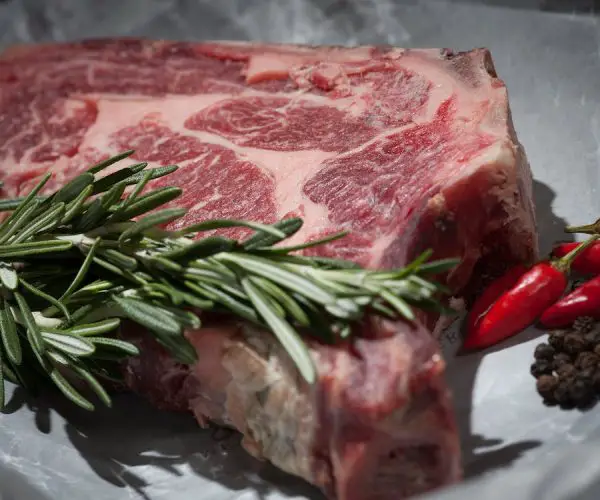How to Increase Iron Levels in Blood Quickly and Effectively
Iron is crucial for the creation of blood. Hemoglobin, a component of red blood cells, and myoglobin, a component of muscle tissue, contain roughly 70% of the iron in your body. Hemoglobin carries oxygen in your blood from your lungs to other tissues in the body. About 6% of the body’s iron is found in proteins, which are necessary for respiration, energy metabolism, and for the creation of enzymes involved in collagen and neurotransmitter production. Iron is also required for a healthy immune system operation. If your blood iron level is low, you must figure out the steps to recover it as soon as possible.
Identifying the cause of your iron deficiency
First, understanding the cause of your iron deficiency is a crucial first step in managing your disease. If you have an iron deficiency, you may experience some symptoms, such as:
- Fatigue
- Weakness
- Pale or yellowish skin
- Irregular heartbeats
- Shortness of breath
- Dizziness or lightheadedness
- Chest pain
- Cold hands and feet
In many cases, people can have no symptoms while experiencing an iron deficiency. Symptoms and signs might differ slightly regarding the different forms of iron deficiency and the triggering factors.
Methods to treat iron deficiency
If unaddressed, the symptoms of iron deficiency can become worse, and you can develop anemia. It’s the most common blood condition in the USA, affecting more than 3 million people. Although the body needs iron for a variety of processes, it cannot produce iron. However, the body can store iron it accumulates, which is why you need to consume, and possibly supplement, iron. Below are a number of ways you can increase iron levels.
Iron IV therapy
Getting an iron infusion in Nashville is one of the fastest ways to replenish iron levels. Hydrating IV fluids are infused with iron and delivered directly to the bloodstream. By bypassing the digestive process, treatments ensure the highest possible absorption rate. Sessions take 30-45 minutes, and can be administered in the comfort and privacy of your home. If you struggle with taking pills, or drinking enough water to stay hydrated, iron IV therapy can help you get what your body needs more comfortably.
Eat red meat

Red meat is rich in iron. Ground beef has 2.7 mg of iron in every 3.5-ounce (100-gram) serving or 15% of the daily value. Protein, zinc, selenium, and numerous B vitamins are also abundant in meat. Researchers have hypothesized that habitual meat, poultry, and fish consumers may have a lower risk of iron deficiency. Red meat is the most readily available form of heme iron, making it a crucial food for those prone to anemia.
Add foods that are highest in Vitamin C

Vitamin C enhances iron absorption. It enables the body to store iron in a form that is easier to absorb. If you are diagnosed with an iron deficiency, your doctor may also test for a Vitamin C deficiency, to determine if a lack of Vitamin C is contributing to low iron levels. The foods containing vitamin C are:
- citrus fruits
- tomatoes
- potatoes
- strawberries
- green and red bell peppers
- broccoli
- brussels sprouts
- kiwis
As you seek to eat more iron-rich foods, you should also add foods rich in Vitamin C to your diet. Including vitamin C-rich veggies in meals can improve iron absorption in vegetarian and vegan diets.
Have 4-5 small meals in a day instead of 1-2 large meals
Mini meals can help with appetite control, blood sugar regulation, and supplying the body with nutrients all day long. It is easier for the body to absorb iron when it is consumed in several smaller doses versus larger, less frequent doses. A faster metabolism is achieved by eating smaller, more frequent meals throughout the day. Iron plays an important role in regulating your metabolism. By adjusting your eating habits to involve several smaller, iron-rich meals throughout the day, your whole body can benefit.
Be mindful of coffee and tea intake
The tannins in black tea and coffee interfere with iron absorption. When these substances are digested, they bond to iron, making absorption more difficult. You should try to space your coffee and tea intake a few hours apart from your meals, especially those meals rich in iron. If you supplement iron, you should also be certain to avoid tannin-rich beverages within a few hours of taking supplements.
